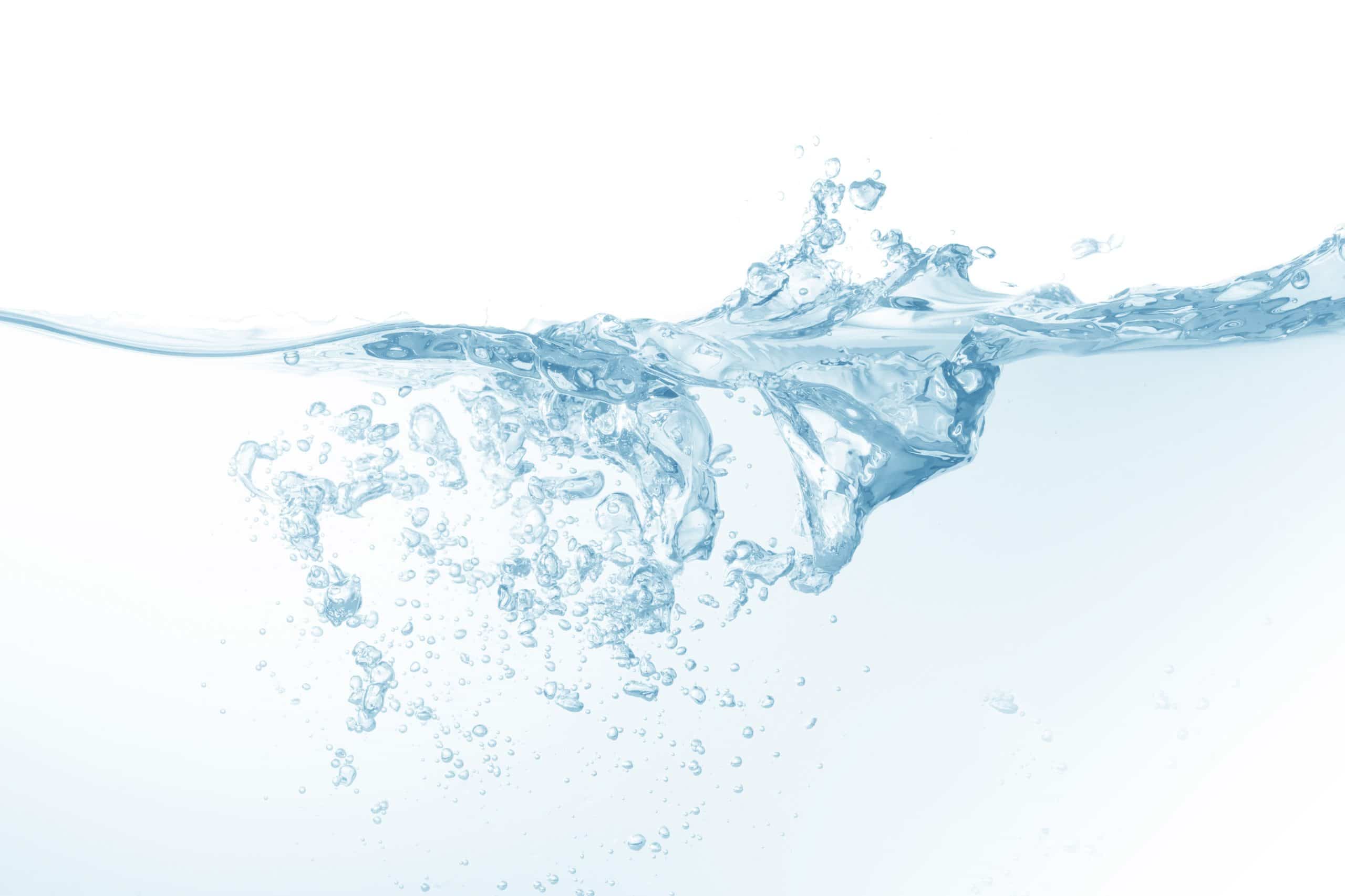Water is life! You may already know that proper hydration is very important for our overall well being. Enough water intake is like a medicine for your body. It impacts everything from disease management to weight loss, from digestion to immunity. Around 90% of our body composition at birth is water and this number gradually decreases as we get old. For an adult this rate is 75% on average. We need to preserve this level since our cells can work optimally, our tissues remain well moisturized and our muscles can work properly only when there’s enough water. When the water level in our boyd is optimal we are less likely to have diseases and tend to have higher energy. To get the amount we need to maintain a healthy body we should consume water and herbal teas (such as ginger, ginseng, echinacea, sage, lemon, etc.) on a daily basis.
How much water is enough water?
As a general convention, 8 glasses(2 liters) of water per day is a good start. However this number may change significantly from person to person depending on age, gender, activity level and season. This number can go up a lot on a hot summer day for example. It is best to drink around 6% of your body weight in kgs and liters (i.e. 70 kg body weight, drink 4.2 liters of water). Also some minerals may retain more water in our body, so your salt and mineral intake may affect your water consumption.Also be careful that if you consume black tea or coffee, you need to consume more water since these will dehydrate you. You can add an equal amount of water to your daily intake like 1 cup of water for 1 cup of coffee.
Kick-Start Your Metabolism
Our body gets dehydrated throughout the night while we sleep. Drinking water first thing in the morning provides the hydration you need. For some people, drinking water before eating might be strange at first. If you are one of them, you can start by smaller amounts like a couple of sips and if possible go up to 2 glasses. Try to drink the majority of your total daily water intake in the first half of the day. This is when your metabolism is at peak and too much water later in the day can make you uncomfortable during the night’s sleep. Aim for 6 glasses or ¾ of your total water intake before noon.You should consume water at least as warm as your body temperature when you just woke up. This will especially stimulate your digestive tract. Our bodies do the cleaning and repairing jobs, complete the digestion of the food and replenish the cells during sleep. It is usually healthy to eliminate in the morning. Warm water helps our intertines to perform this task.
Appetite Management
Sufficient hydration greatly helps our body manage appetite. Dehydration and hunger stimulate similar regions in the brain, leading us to confuse the sensation between the two of them. Plus, if you keep sending food to your body instead of water when you get thirsty, signals get mixed up and your body might tell you to eat food although it actually needs water since it’s also a way of getting small amounts of water in food. So when you don’t drink enough water you’re very likely to experience an appetite. Here are some tips to manage your appetite with water :
- Drink a glass of water 30 minutes before your meals to moderate the amount you eat.
- Don’t drink while eating since this will dilute your stomach acid and may cause indigestion. You can drink a glass of water 1 hour after each meal.
- Drink water when you feel like snacking.
- Only drink water while sitting.
Alkaline Water & Disease Management
Not only the amount but also, the quality of the water you consume makes a lot of difference.The scale to measure the acidity or alkalinity of a substance is called pH (potential hydrogen). This scale ranges from 0 to 14. Zero (0) is extremely acidic while 14 is very alkaline. Seven (7) is considered neutral and is the pH of pure water. The body constantly strives for homeostasis – the balance at which the functions of the body can operate. The optimal pH for most of our cellular fluids is slightly alkaline at 7.1 to 7.45 reflecting a healthy cellular cytoplasm. Our metabolic processes have evolved to function optimally within this pH range and it is one of our body’s primary tasks to maintain the equilibrium. All cellular processes like digestion, repair of respiration creates acidic wastes. Therefore our cells constantly work to keep the internal environment alkaline and push the acidic wastes away to our blood or other body liquids. Then, to keep the blood alkaline these must be countere. Some mineral molecules serve the purpose of making the liquids alkaline. That minerals are usually stored in tissues and bones (like calcium).If we have used up these reserves and drained the minerals we find ourselves not only with low energy but also vulnerable to various diseases. Disease deepens in an acid state in our bodies which equates with low oxygen supply to our tissues. If we keep our body alkaline we not only help our cells and take the heat off of them, but also we protect our tissues and bones. Luckily, you can easily alkalize your body, simply by modifying your water!You can alkaline your water by adding pH drops, or mixing sodium bicarbonate (1 tsp per 1 liter of water) in it. Also, despite their acidic nature, lemon juice or apple cider vinegar has the effect of alkalizing your body so why not add a few drops of them to your water in the morning.



Recent Comments